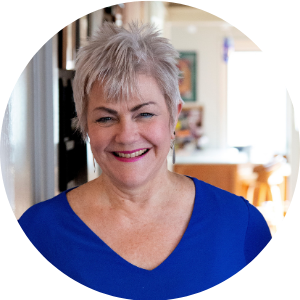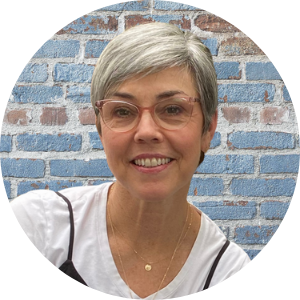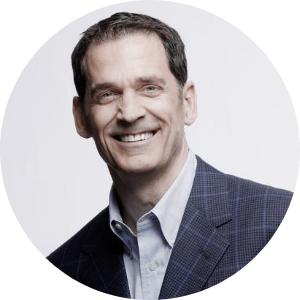
Speak Up, Stand Up | Dr. Chris Johnson on Becoming Fierce
#32: Speak Up, Stand Up | Dr. Chris Johnson on Becoming Fierce
Dr. Chris Johnson has joined me again in this episode to discuss a foundational leadership capability: the ability to speak up about the value we personally bring to our work. Our conviction is contagious and compelling, inspiring others to trust and believe in us as well.
Show Notes
“You need to be able to take a stand. Extend your voice. Be pointedly focused on what you offer and the vision that you have, in order to impact the people that you say you want to impact.”
– Dr. Chris Johnson
Confidence and the mind-body connection
Dr. Chris Johnson has joined me again in this episode to discuss a foundational leadership capability: the ability to speak up about the value we personally bring to our work. Our conviction is contagious and compelling, inspiring others to trust and believe in us as well.
Earlier, in episode #21, I reviewed the importance of recognizing and owning the value we bring to our work. This value will remain hidden if we’re not able to confidently give voice to it. And the way we carry ourselves is inextricably linked to it all. Chris draws from her years of embodied leadership and martial arts practice to create a commanding presence while also staying calm and centered. She shares her insights on how to expand your presence and self-awareness to ultimately project your inner strength and achieve your goals.
The tangible impact: missed opportunities
[1:30] “The challenge about speaking up shows up in multiple ways…The most common are not sharing good ideas or opinions during meetings, not being able to promote themselves and their team. In avoiding conflict, staying silent or small leads to being undervalued and overlooked, and ultimately, to a lack of fulfillment, and possibly frustration.”
[32:44] “I’d get pulled in to take on leadership roles, and yet never fully owned them. And that was because I didn’t know if I knew enough, I didn’t want to hurt anybody’s feelings. I didn’t want anybody else to feel bad if I happen to do something really well. And all of that was a story that I told myself, and then it took residence in my body. I was very narrow, and small, my energy was very constrained.”
Centering in our body, our vision, and in action
[23:00] ] “We can either close in and hunker down…Or we can choose to learn a very simple skill and practice of centering. And by that, we mean centering in the body, relaxed…and then centering in something bigger than us, even if we don’t know what that is. And lastly, centering in an action that we can then take. And once we can learn that simple practice (because you have to practice it). Pretty soon that practice starts to reshape us…
“What matters is that we’re intentional. It’s based on what we care about, and that we’re consistently in deliberate practice.”
[29:00] “I like to say it’s tolerating the discomfort at the edges because it’s at the edges that literally, our neurobiology gets rewired. Hang out there in the discomfort for at least a little bit longer. Every time we do it, we’re growing new pathways that allow us to expand our capacity.”
Speaking about our accomplishments or sharing our thoughts in a meeting may bring physical sensations. We have to practice tolerating this discomfort though it feels unnatural. With time we grow accustomed to it.
Resources mentioned in this episode:
The Power of Pause in the Mindful Leader magazine:
https://www.mindfulleader.org/blog/44061-the-power-of-a-pause
Episode 21: Owning Your Value | Key Elements for Authenticity and Personal Power:
https://rise-leaders.com/owning-your-value/
A Guide to Owning Your Value
To connect to Dr. Chris Johnson please follow:
https://www.linkedin.com/in/drchrisljohnson/
Dr. Chris on Resilience: https://q4-consulting.com/resilience/
To subscribe to the Rise Leaders newsletter for more resources: https://mailchi.mp/426e78bc9538/subscribe
To discuss executive coaching, leadership development program design, and workshop facilitation, please visit:







